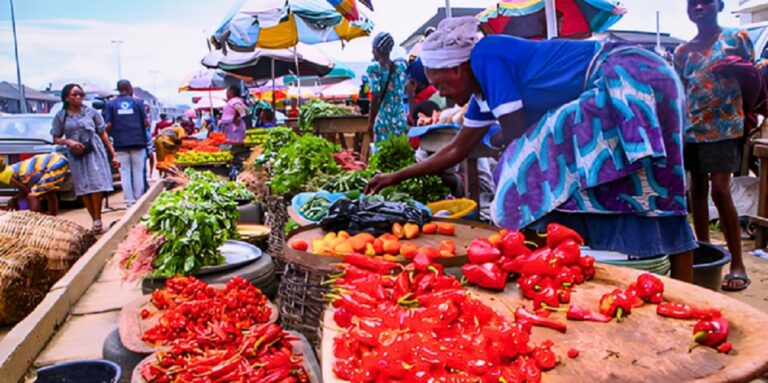Nigeria’s inflation rate surged to 34.6% in November 2024, up from 33.8% in October, as revealed in the latest Consumer Price Index (CPI) report from the National Bureau of Statistics (NBS) released on Monday. This marks a 0.72% month-on-month increase, reflecting the persistent economic challenges facing the country.
The report also highlighted a significant year-on-year rise, with inflation in December 2023 standing at 28.92%, up from 28.20% in November 2023. This demonstrates the ongoing upward trajectory of inflation over the past year.
Of particular concern is the sharp increase in food inflation. In November 2024, food prices soared by 39.93% year-on-year, a significant jump from 32.84% in November 2023. This rise has been driven by escalating prices of staple items such as yam, maize, rice, and oils, placing added strain on households.
On a month-on-month basis, food inflation rose by 2.98% in November, up slightly from 2.94% in October, with notable price hikes in fish, rice, milk, and various meats.
The average annual food inflation rate for the twelve months ending November 2024 stood at 38.67%, a stark 11.58% increase compared to the previous year’s rate of 27.09%.
Regional disparities were evident, with states like Bauchi, Kebbi, and Anambra facing the highest food inflation rates, while Delta, Benue, and Katsina saw comparatively lower increases.
As the inflationary pressure continues to build, the economic strain on Nigerian households shows no sign of easing, with the rising cost of essential goods exacerbating daily financial challenges.

